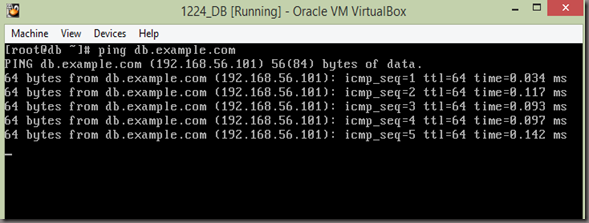Below profile options are using the oracle asset module.
FA: Allow Swiss Special Assets
FA: Annual Rounding
FA: Archive Table Sizing Factor
FA: Batch Size
FA: Cache Sizing Factor
FA: Custom Generate CCID
FA: Default DPIS to Invoice Date
FA: Deprn Single
FA: Enable Depreciation Override
FA: Generate Asset Level Account
FA: Generate Book Level Accounts
FA: Generate Category Level Accounts
FA: Generate Depreciation Expense Accounts
FA: Japan 2007 Tax Reforms Features
FA: Mass Copy All Cost Adjustments
FA: Maximum Projection Extent
FA: Number of Parallel Requests
FA: Print Debug
FA: Print Timing Diagnostics
FA: Security Profile
FA: Tax Asset Type Category Segment for Japanese Depreciable Assets Tax Report
FA: Use Threshold
FA: Use Workflow Account Generation
FADI: Create Asset Privileges
FADI: Physical Inventory Privileges





